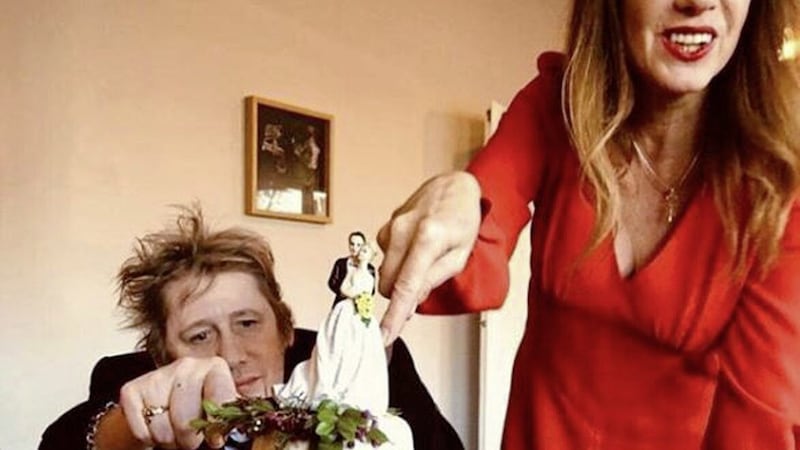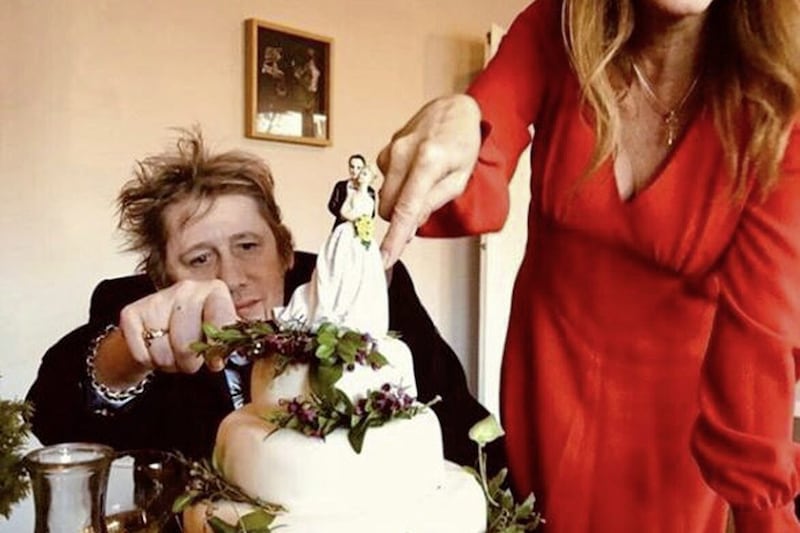Life Changing, Radio 4
ON an Easter Monday eight years ago, life changed forever for Clodagh Dunlop.
This episode of Life Changing felt local as Clodagh is from Northern Ireland.
She was 35 years old, fit, healthy, a serious runner, a serving police officer and an emergency responder, when the emergency turned personal.
On that day in 2015, she had toyed with the idea of running a half marathon, but turned instead to cleaning her windows. She sat down to eat an Easter egg, glanced up and saw that her sister was coming to the door.
In that moment, she had a “feeling of death” and “a losing of connection with reality”. She got to the door, collapsed and cried to her sister: “Call an ambulance. I’m not joking, I’m dying.”
Read more:
Stroke survivor Clodagh Dunlop inspires people to set small goals on road to recovery
What her sister heard was a mumble of words. Clodagh had had a brain stem stroke.
She spoke about what it’s like to be locked into a body that does not respond. She lay in intensive care more helpless than a newborn baby.
At least a newborn can cry to alert others to their needs – she could not make a noise and had to listen to others talking about her. To hear her parents so upset... when would anyone realise that she was there?
Then came the breakthrough.
It was her sister who asked her to blink once for “yes” if she could hear. With enormous effort, she blinked one eyelid.
They developed a code – one blink for yes, two blinks for no, three blinks for “I love you” and four for “You’re a moron”.
Clodagh Dunlop is a mix of iron determination, courage and a streak of black humour that carried her through unthinkable times.
This a warts-and-all story of locked-in syndrome. There are poignant moments – how she found herself listening to someone dying in a nearby hospital bed and could not move or cry out to alert doctors or nurses.
There were times when the frustration of not being able to speak was intense. When she was being washed by a male nurse, she had no way of saying or doing anything.
Above all, hers is a story of grit and determination served up with great humour and a true love of life.








